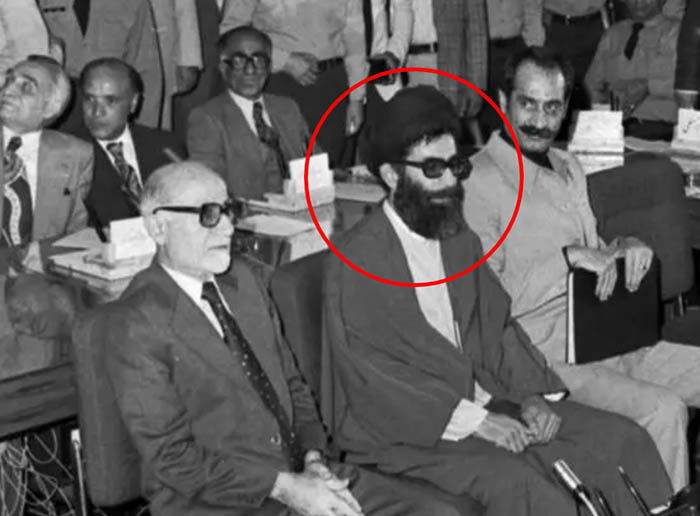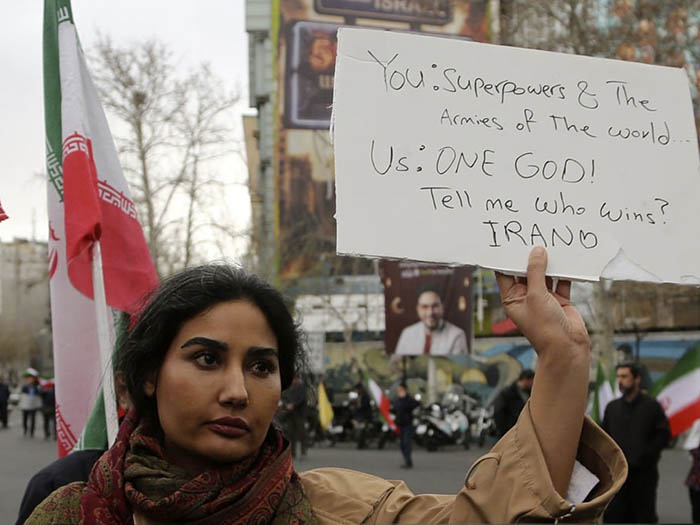Foiling Lima Terror Plot: Arrest of Majid Azizi, Alleged Quds Force Operative
In the aftermath of the Lima terror plot, nations worldwide grapple with heightened awareness of the potential transnational reach of state-sponsored terrorism. The arrest of Majid Azizi, a purported Quds Force operative, not only sheds light on the evolving nature of security threats but also prompts a reevaluation of diplomatic ties and intelligence-sharing mechanisms.
The international community now faces the challenge of preventing such incidents from becoming a recurring trend. The urgency to locate Angello Felipe Trucios, the fugitive accomplice, underlines the need for swift, coordinated efforts in neutralizing potential threats emanating from these shadowy networks.
As the investigation unfolds, attention turns towards the identity of the targeted Israeli businessman. The decision to keep this information confidential hints at the sensitivity of the geopolitical landscape surrounding the foiled attack. Speculation grows about potential motives, affiliations, and the broader implications for regional stability.
The planned timing of the attack during the APEC meeting in November raises concerns about the vulnerability of major international events. Governments worldwide may engage in a collective reassessment of security protocols, seeking innovative measures to counteract evolving threats while maintaining the openness and accessibility of such gatherings.
Beyond the immediate implications, the Lima incident reinforces the global community’s commitment to countering terrorism and bolstering collaborative efforts. Diplomatic channels may witness increased scrutiny, with nations emphasizing the importance of transparency and cooperation in addressing shared security challenges.
The arrest of Azizi prompts a broader conversation about the role of intelligence agencies and the need for proactive measures to prevent potential acts of terror. It underscores the importance of sustained international cooperation, as no single nation can entirely insulate itself from the complex web of global threats.
As the story unfolds, the Lima terror plot serves as a catalyst for ongoing discussions on refining international counterterrorism strategies. Governments, intelligence agencies, and policymakers around the world may engage in a collective effort to fortify defenses against state-sponsored terrorism and enhance global security in an increasingly interconnected world.





